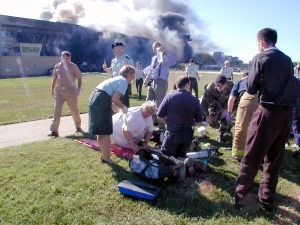 Recently I have been giving some thought to First Aid and Medicine in the wake of the three very bad earthquakes our planet has recently seen in the past 14 or 15 months. I have been thinking about my first aid kit, is it adequate, what I know and do not know about first aid, trauma, field medicine, etc. Watching the suffering of those who were injured in the clips both online and on television, I realize what I know is historically from what I learned in scouts and as a kid in school and can probably fill a thimble. Honestly, I know more about making fires that I know about closing a gapping wound in the field. And, when you put them side by side, one seems as equally important as the other. What good is knowing how to make fire 12 different ways if you are bleeding to death? Interesting thought to myself this morning.
Recently I have been giving some thought to First Aid and Medicine in the wake of the three very bad earthquakes our planet has recently seen in the past 14 or 15 months. I have been thinking about my first aid kit, is it adequate, what I know and do not know about first aid, trauma, field medicine, etc. Watching the suffering of those who were injured in the clips both online and on television, I realize what I know is historically from what I learned in scouts and as a kid in school and can probably fill a thimble. Honestly, I know more about making fires that I know about closing a gapping wound in the field. And, when you put them side by side, one seems as equally important as the other. What good is knowing how to make fire 12 different ways if you are bleeding to death? Interesting thought to myself this morning.
This has prompted me to start looking at some new text, but more importantly to start investigating First Aid and advanced First Aid classes here in NJ. Not just that, it has prompted me to take a closer look at what first aid supplies I do have and if I had to administer first aid or advanced first aid on someone, what would I do if I did not have the supplies in tow? If I needed to, I am not sure I could administer an IV bag to rehydrate someone? To that end, i am not sure when I would even need one. Better yet, where the heck can you buy them, or get training on the “how to” without doing something like going to paramedic school or something like that?
Have any of you taken advanced courses in medicine and advanced first aid? That is not really a rhetorical question, I am really very curious. Have you thought about it or is the Adventure Medical first aid kit you purchased suffice in your mind? Please comment and let me know your thoughts.
With that, I “think” it might be smart to put together a “Medical Base Kit” that can be transported if there was a need to Bug Out. Something not too extensive, but could be put into a plastic storage container like you find at Target, Walmart, Kmart etc. with a snap on lid (http://goo.gl/6BVXJ). Easily transported, sealed with duct tape, and can be thrown right in the truck if necessary. But more importantly, the skill set to use those items is clearly more important.
In addition, Dentistry is a concern but that is slightly back burner for the moment.
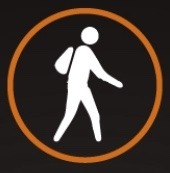
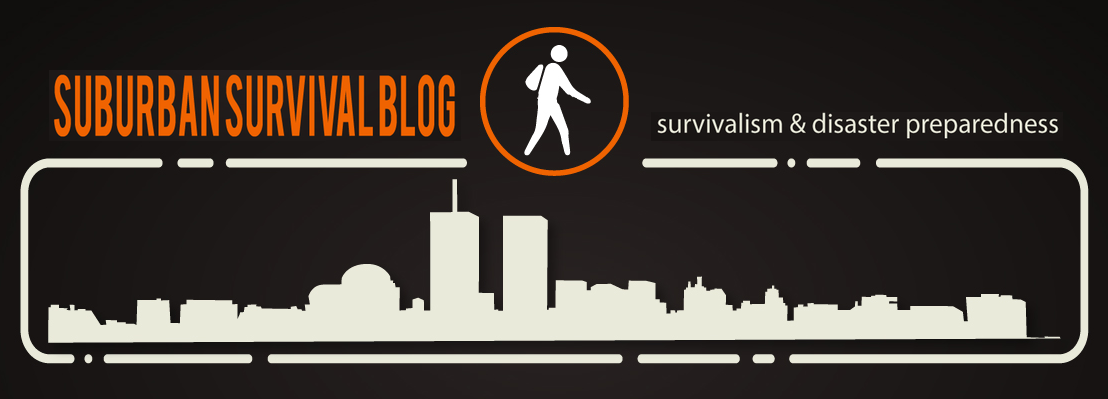


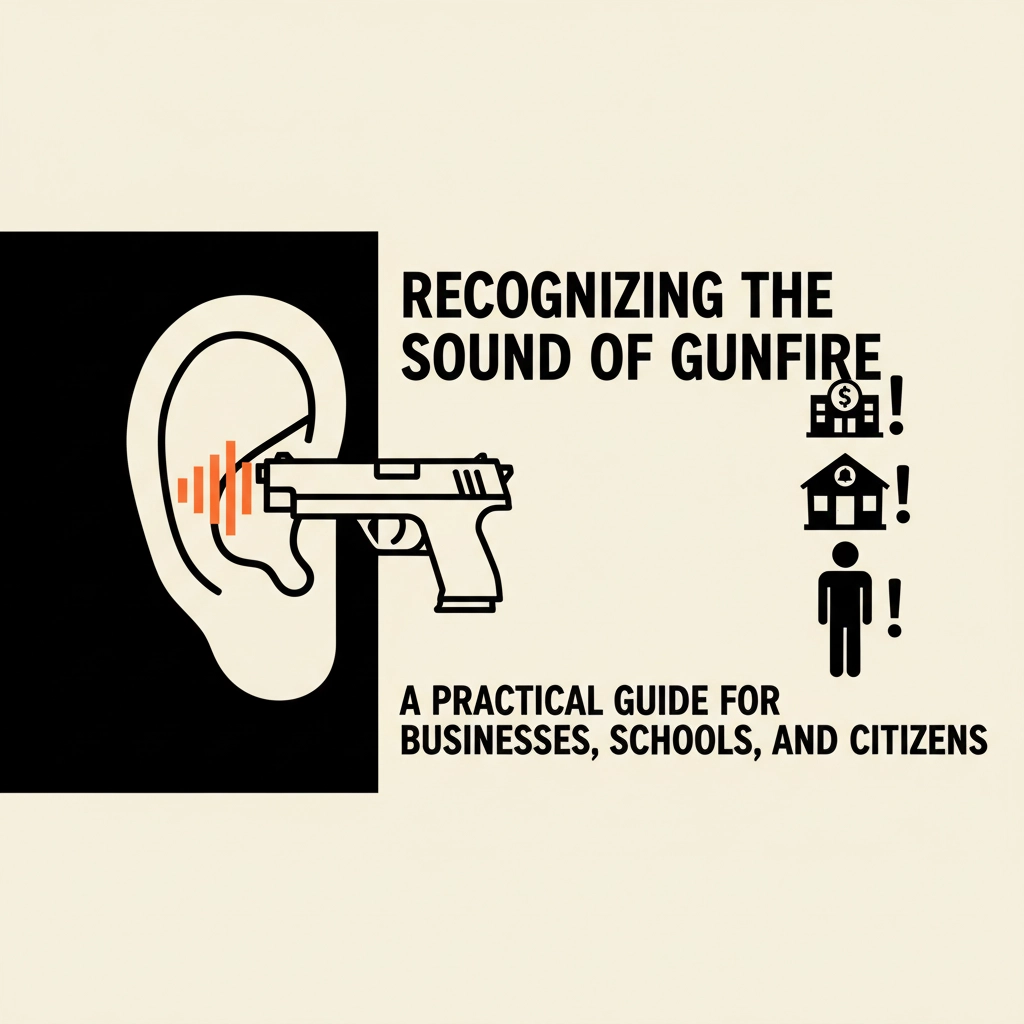
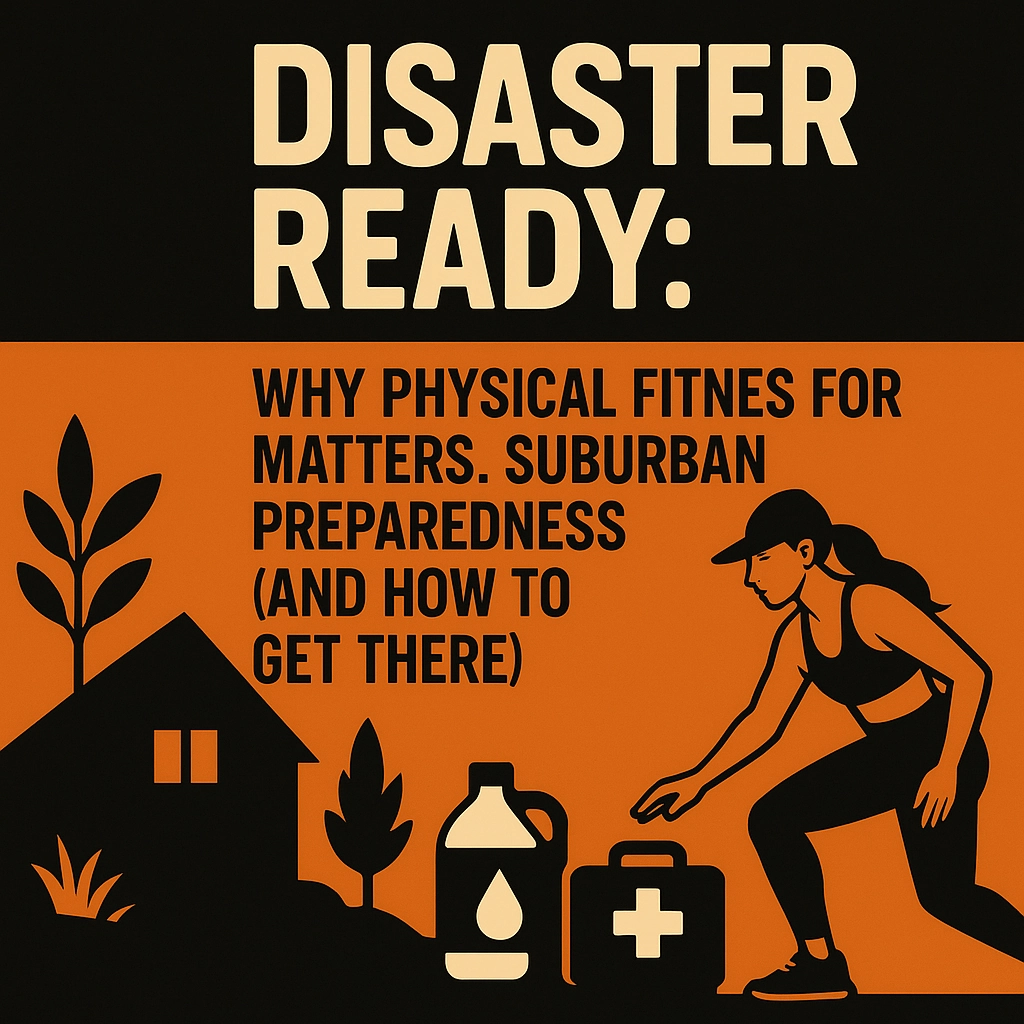



Hi Jack,
I have the same issue. I am going to attend Community Emergency Response Team (CERT) training in April/May and then plan for a Red Cross first aid class in June. Those are basics. At some point I want to attend a wilderness first aid course. They are pricey, but of much more value in a survival situation where you have to attend to someone not knowing if help is on the way. EMT’s deal with emergencies, but have a fully stocked ambulance and their goal is to stabilize and transport to a hospital. That does not help in a SHTF situation.
There are so many skills I don’t have. Closing fundamental gaps will be 2–3 years. Closing all gaps will take the rest of my life!
I have been trying to contact the local CERT manager here with no luck. No one calls back. I think I am going to take one of those wilderness courses, but I also want something more advanced as well. i.e. EMT training without the EMT commitment… is that weird?
There’s a bigger issue/problem: all the training is good but won’t matter without the tools and supplies. You going to buy a field surgical kit? An AED and keep it on good condition? And you can’t buy I.v. solution and needles w/o a perscription. And there’s the expiration issue too on most medical supplies.
Unless you’re a full nurse, ENT, or MD you really can’t get your hands on these tools and supplies (and even then you have to account for what you have).
Interesting… Still I am sure the training would be invaluable… Maybe I have to rethink this.
Probably.
But my point is that level of training requires a lot of tools and supplies a non-licensed person can’t get (at least legitimately) and even for someone licensed seems to me they would need to account for example for several extra bags if IV solution, boxes of needles and syringes, various medications etc.
You could end up with lots of knowledge but no realistic way of putting it to use in an SHTF event.
Houston appears to have a very active CERT. We will see if the training is worth the time.
CERT in my area also doesn’t respond to info requests. Interesting. CERT has some online training stuff, most of it seems like common sense, like don’t attempt a rescue in a building that has structural damage and don’t go into a room that is on fire. I think the CERT people are more for grunt work like moving debris.
I took two red Cross CPR classes recently that were utter wastes of time. Basically, watch a video, practice on the dummy. The dummy was good, but I can watch videos on You Tube.
Yeah, you can get CPR and basic first aid cards online now by watching videos and taking tests…
Have you any more information on the med kits? Rob
SCUBA dive shops give CPR training also. Usually called “Medic First Aid” or similar.
And they also give certification in administering O2 as a first-aid treatment.
You don’t have to be a licensed diver to take either course.
I am lucky to have a doctor in the house — my wife. But even she won’t be able to do much during SHTF without proper equipment and setting. For example, she can suture wounds, but it’s a bad idea to do so until you are completely sure the wound is clean (something very hard to do in the field) else the patient will suffer/die from infections. It took me two months to get our Trauma Bag up to the standards that we set for caring for our possible wounds.
The modern First Aid Kit assumes that you can get to a hospital inside 30 minutes and only provides enough stuff to handle that. During SHTF, you need much more. For example, during the giant snowstorm that covered half of the USA earlier this year, one guy on a survival forum I visit mentioned that it took him a week to get his wife seen by a doctor after she cut her arm preparing food. They were lucky that the wound was clean and a simple slice (instead of jaggedly ripped edges). During this, though, he had to run out into the snow several times buying up all the gauze he could find, just to keep her stable.
When preparing your training and equipment you’re going to carry, think emergency medicine, think triage. Hospitals will triage patients and really only the Immediate level (life threatening level) will get to be seen to. You can cover your bases by training for and equipping for Delayed level (non life threatening) injuries, and getting your Immediate level aches and pains to the hospital.
Bottom line, I believe those who buy up surgical kits and practice suturing on bananas are kind of kidding themselves. They would probably do more harm trying to emulate surgeons’ decades of training than to take their chances at the hospital. I know the survival group hates to rely on others, but at that point it really is what is best for the patient.
Somebody — This is great information… I just picked up a wilderness survival book that while thumbing though it looks a lot like triage until you can get to proper help. Thanks for the lengthy response.
Watch the videos put out by the patriot nurse (on youtube).
Very true and accurate stuff.